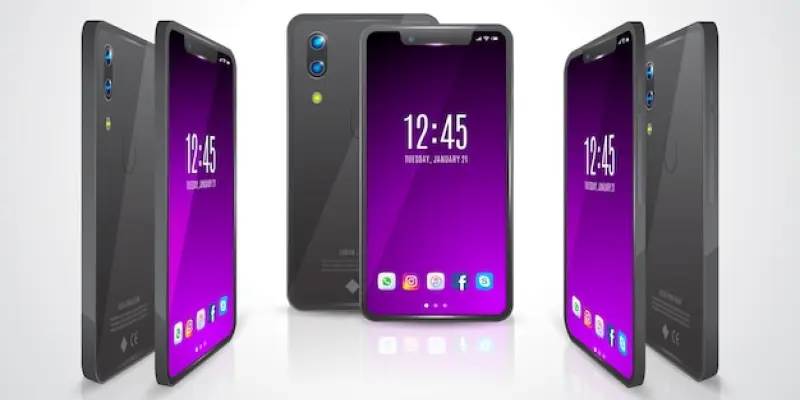The announcement of Gorilla Glass Ceramic 2 by Corning signifies a potentially transformative shift in the landscape of smartphone technology. This latest innovation promises to deliver a level of screen durability that may finally address the longstanding concern voiced by users across the globe: the ease with which traditional glass screens tend to shatter upon impact. Unlike its predecessors, Gorilla Glass Ceramic 2 boasts remarkable resilience against accidental drops, particularly onto unforgiving concrete surfaces. This strength is the result of proprietary crystallization techniques and advanced chemical tempering. Such a development not only aims to prevent costly screen replacements but also seeks to enhance user confidence in their devices’ overall longevity. Launched collaboratively with Samsung, the super-thin Galaxy S25 Edge smartphone showcases Gorilla Glass Ceramic 2 as its crowning feature, setting the stage for what may be a new standard in smartphone durability.
Smartphone Durability Evolves with Advanced Materials
Gorilla Glass Ceramic 2 marks a significant advancement in smartphone screen technology. Previous glass types have often faltered under daily use, necessitating frequent repairs or replacements that inconvenience users and add up costs. Corning’s latest innovation, however, incorporates unique structural enhancements that allow the glass to absorb impact forces by forming microcracks instead of shattering. This represents a notable shift from traditional tempered glass, which still lacks the durability seen in Gorilla Glass Ceramic 2. Although strong plastic screens like Motorola’s Shattershield offered an alternative, Corning’s ceramic-infused glass could set new standards for smartphone resilience. As the demand for sturdier materials grows, manufacturers might increasingly integrate these modifications into future designs. The launch of the S25 Edge highlights this revolutionary technology, providing consumers a firsthand look at Gorilla Glass Ceramic 2’s benefits. The impact on smartphone durability is clear, offering a promising outlook for user experiences and tech design advancements.

